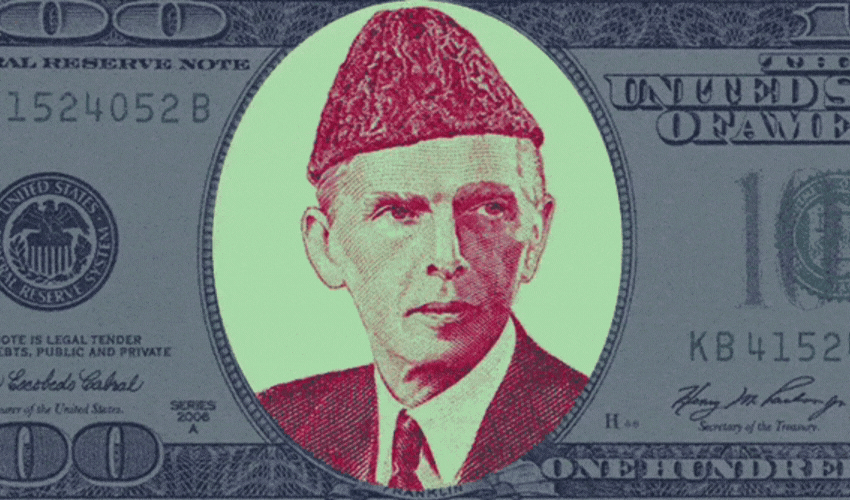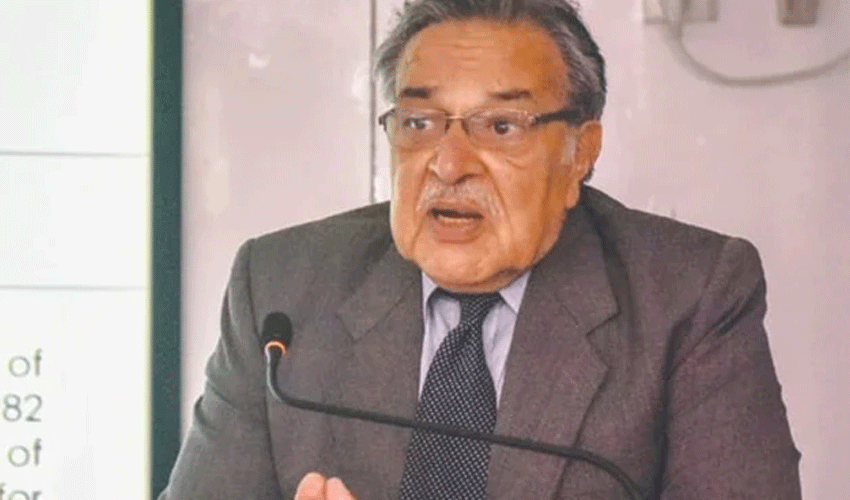The US Dollar on Wednesday bounced back against the Pakistani Rupee as the greenback halted the advance of local units and closed at Rs280.29 with an increase of Rs3.25.
In the afternoon session, the USD gained nearly Rs3 against local unit and crossed Rs280.
Moreover, in the open market, the local unit shed 4 rupees against the USD, as the exchange companies the dollar at 278 for buying and 281 for selling, compared to the previous closing of 274 for buying and 277 for selling.
On Tuesday US Dollar continued its downward trend on the 29th business day against the ‘unstoppable’ Pakistani Rupee and reached Rs275.75 with a decrease of Rs1.08. However, in the afternoon trading session, the US dollar showed little resistance against PKR’s winning streak and gained 17 paisas and reached Rs277.17.
At the time of the closing of the trading session on Monday, the US currency shed 79 paisas and ended the day at Rs276.83 in the interbank market.
In the open market, the US dollar halted its fall against the rupee for the first time in 40 days and maintained its value at Rs277. In five weeks, the dollar has come down by Rs53 in the open market.
In the interbank market, the American currency has lost Rs30.30 in five weeks and dropped 10% in value.
The massive crackdown in the open market— a decision taken by the civilian and military leadership in the apex committee led to the decrease of the US dollar in the interbank and the open market.
The caretaker government announced a massive decrease in petrol and diesel per liter prices bringing a sign of relief for the financially crunched people experiencing all-time high inflation.
Prime Minister Anwaarul Haq Kakar-led caretaker government slashed the price of petrol by Rs40 per liter and high-speed diesel by Rs15 per liter for the next fortnight.
The finance ministry notified: "Owing to the decreasing trend of Petroleum prices in the international market and due to the appreciation of the Pak Rupee against the US dollar, the government has decided to revise the existing consumer prices of petroleum products."


























